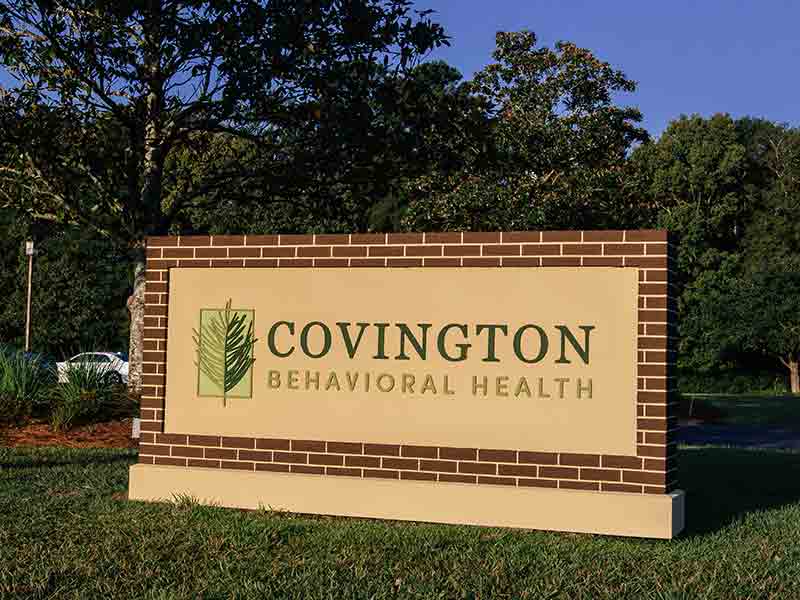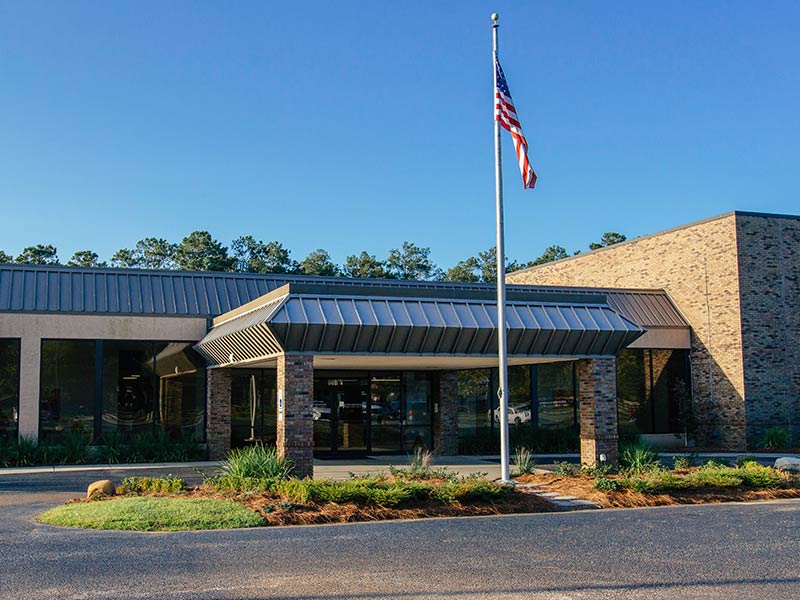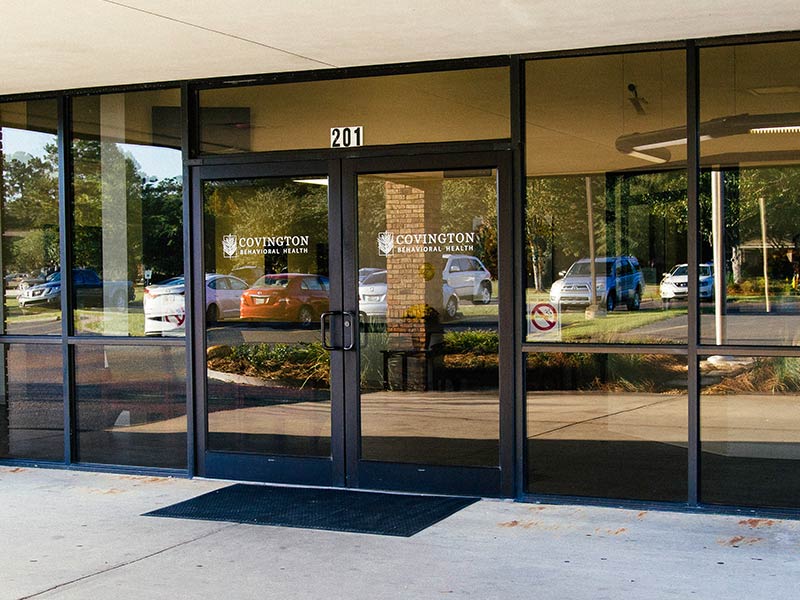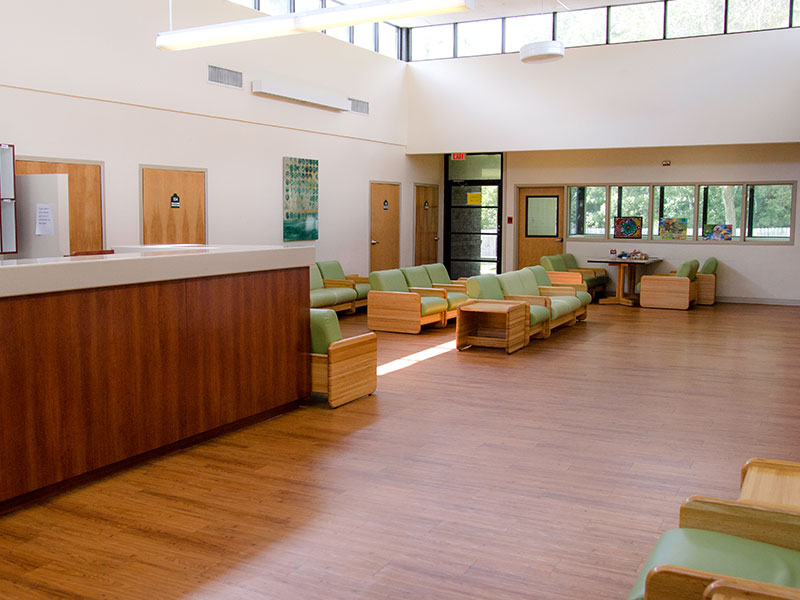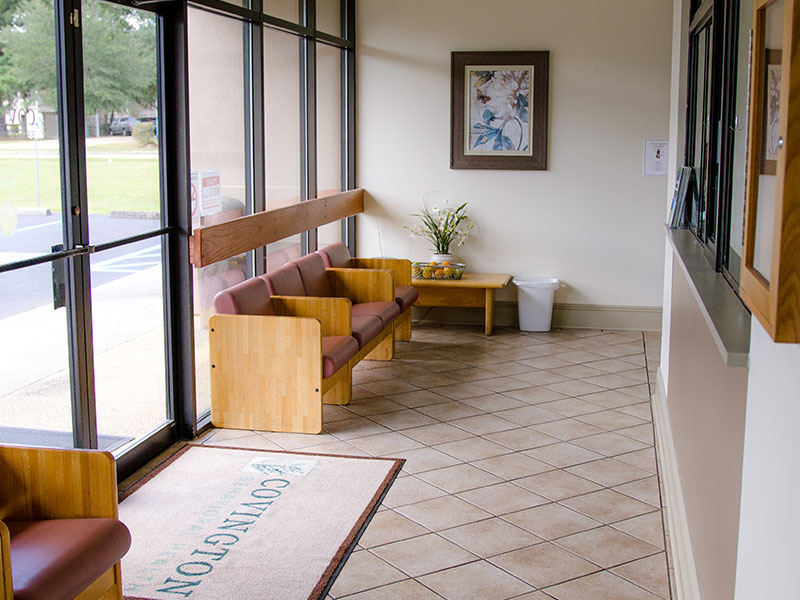At Covington Behavioral Health, we believe education is an important first step in the effort to heal from bipolar disorder. Understanding the signs, symptoms, and effects of bipolar disorder can help you get the right type and level of care for yourself or a loved one.
Understanding Bipolar Disorder
Learn about bipolar disorder
Bipolar I disorder is a serious mental health condition. This disorder was previously known as manic-depression and includes series of depressive episodes with manic episodes, and possibly hypomanic episodes as well. At least one manic episode must be experienced in addition to the depressive episodes in order to be diagnosed as bipolar I disorder. Fluctuations in mood can range from frustration to depression or feelings of anger and then to a state of energy and activity. A person’s mood might change so fully and drastically that medical attention becomes necessary.
Seeing a loved family member or friend enter into a full period of either depression or mania can be disturbing and confusing. Symptoms of this disorder can be intense, especially if there are co-occurring issues. Despite how bad things appear, treatment can help to relieve bipolar I symptoms. It is possible to manage bipolar I disorder and carry on with an enjoyable and well-balanced life.
Statistics
Bipolar disorder statistics
Bipolar I disorder is experienced by nearly 0.6% of U.S. citizens, as reported by the American Psychiatric Association (APA). Slightly larger numbers of men experience bipolar disorder at a ratio of 1.1 to 1. Compared to the general population, bipolar I sufferers are 15 times more likely to commit suicide.
Causes and Risk Factors
Causes and risk factors for bipolar disorder
Each year new information is uncovered that sheds light on this disorder. A few risk factors are known thus far, which include:
Genetic: Genes play a role in the inheritance of this disorder. Having direct relatives with bipolar disorder (or schizophrenia, which shares a common genetic basis) causes a person to be ten times more likely to experience the disorder.
Environmental: A genetic predisposition to bipolar disorder may not alone be enough to trigger its development, but when combined with certain environmental conditions, the odds of experiencing the disorder increase. For example, one of the environmental factors which may contribute to bipolar I disorder includes failed marriages or the loss of a mate.
Risk Factors:
- Being widowed, separated, or divorced
- Experiencing a failed marriage or loss of mate
- Abusing substances
- Having a family member with schizophrenia or bipolar disorder
Signs and Symptoms
Signs and symptoms of bipolar disorder
Bipolar I symptoms and signs can include:
Manic Episode: This is a condition in which the person demonstrates abnormally high levels of energy and goal-directed behavior. People with manic episodes will demonstrate these behaviors:
- Becoming excessively cheerful or showing a euphoric mood
- Racing thoughts and speech
- Less need for sleep and rest
- Moving with agitation or restlessness
- Being easily distracted
- Engaging in risky actions, such as reckless driving, physical stunts, or overspending
- Starting many elaborate projects at once
Major Depressive Episode: Depressive episodes greatly affect daily functioning and can include the following signs and symptoms:
- Weeping episodes or stretches of time feeling “numb” or sad
- Thinking about suicide
- Feeling worthless
- Be unable to decide on anything
- Losing energy and feeling fatigued
- Becoming depressed and sad for most of the day
- Losing the ability to concentrate
- Losing or gaining weight from losing appetite or eating excessively
- Changing sleep habits
- Presence of guilty and shameful feelings
Effects
Effects of bipolar disorder
Untreated bipolar disorder can bring the following detrimental effects:
- Impaired thinking
- Symptoms worsening over time
- Family or relationship conflicts
- Conflicts at school or work
- Difficulty earning money
- Difficulty managing money
- Self-injury, suicidal thoughts or behavior
- Substance abuse
Co-Occurring Disorders
Bipolar disorder and co-occurring disorders
It is common to experience co-occurring disorders with bipolar disorder. Some of the more common disorders that co-occur with bipolar I disorder are:
- ODD, or oppositional defiant disorder
- ADHD, or attention-deficit/hyperactivity disorder
- IED, or intermittent explosive disorder
- Conduct disorder
- Alcohol use disorder
- Other substance use disorders





